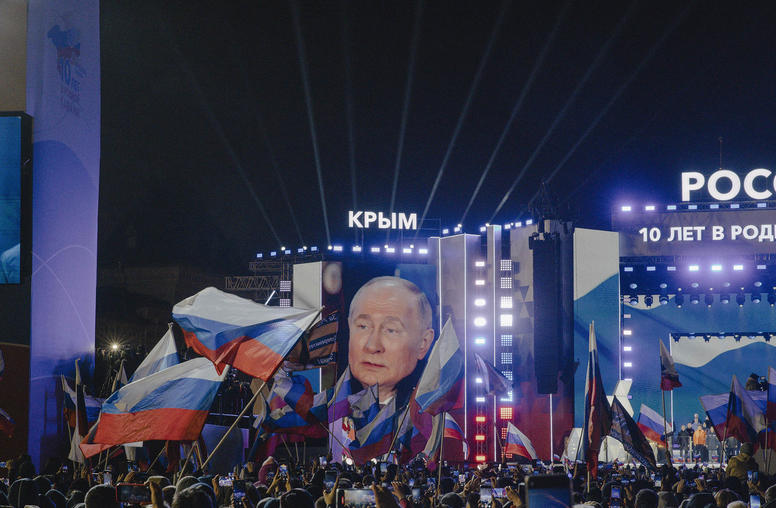Putin’s Shifting Approach to Conflict and the War in Ukraine
A Conversation with Leading Russia Expert Mark Galeotti
Russian President Vladimir Putin’s defiance of global peace and security norms has steadily grown more brazen over time, with the unprovoked invasion of Ukraine marking his most flagrant violation to date. However, the Kremlin’s lofty strategic ambitions have run up against harsh realities on the ground in what has become a brutal war of attrition. Ukrainian counteroffensives have inflicted heavy losses on the Russian military in recent weeks. And inside Russia, the government’s partial mobilization is sparking protests and acts of resistance throughout the country. Despite these setbacks, Putin has only doubled down — escalating threats of nuclear confrontation against Ukraine and the West.
On November 3, USIP hosted a conversation on the war’s latest developments, Russia’s strategic thinking and the implications for Ukraine, Russia and Europe. The discussion also looked at how Putin and the Russian government’s approach to war has evolved over time, the ways the internal workings of Putin's system led to the war — as well as what bearing that may have on the form, timing and context for its end.
Continue the conversation on Twitter using #UkraineUSIP.
Speakers
Mark Galeotti
Principal Director, Mayak Intelligence; Senior Associate Fellow, Royal United Services Institute
Donald Jensen, moderator
Director, Russia and Europe Center, U.S. Institute of Peace


